Toolkit: Elementary STEM Teacher Brendan Penn
Low tech to high tech, this teacher helps students learn and discover with his wide-ranging toolkit

“High-tech tools are engaging but expensive in a public school setting. I believe they are important but not essential. 21st century students still need to practice the skill of being creative, particularly with the items and tools that surround them in their everyday lives.”
— Brendan Penn, STEM teacher, Lyons Mills Elementary, Baltimore County
DECK OF CARDS (See photo above) Teaching is not about tricks. It is about building connections with students and boosting confidence within them. I use decks of cards to introduce collaborative, co-operative learning games to demonstrate having fun within parameters. Playing cards are low tech materials for students of all ages. Active participation is much more important than winning. Students are encouraged to take games learned in the classroom and play the role of teacher at the dinner table and play with the entire family!
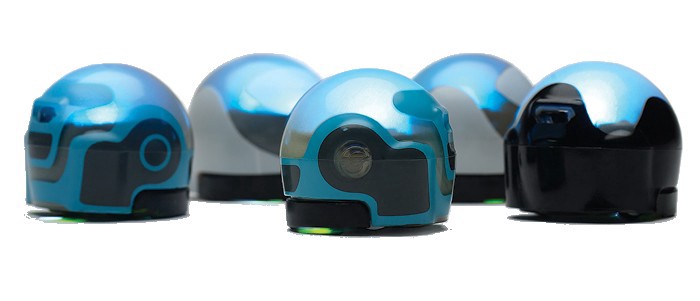
OZOBOTS These are wonderful miniature high-tech tools that teach even the youngest student how to communicate with technology. Students control the color, speed, direction, and rapid movement of the Ozobot with just markers on a paper as code.
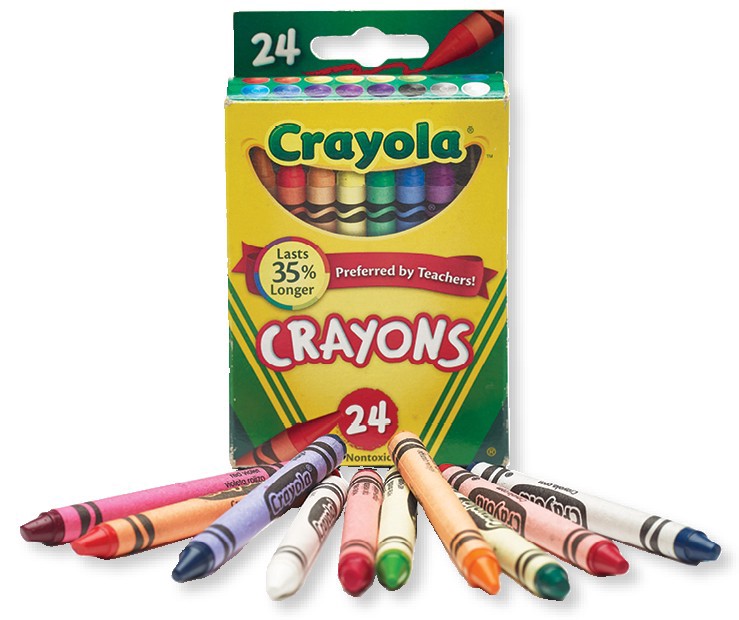
CRAYONS Crayons! Markers! Colored pencils! The trinity of elementary student expression provided by the Church of Crayola. Essential low-risk, low-tech tools that any student can access for scribbles and masterpieces. Crayons can be used in every classroom and every subject.
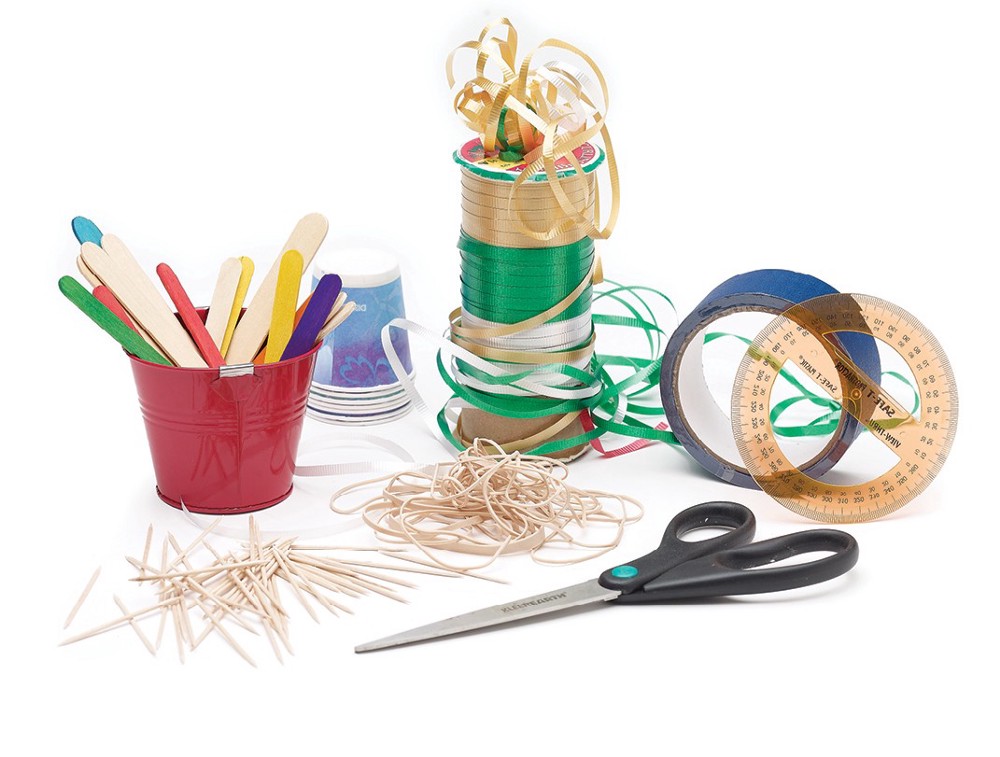
MAKERSPACE MATERIALS High-tech tools are engaging but expensive in a public school setting. I believe they are important but not essential. 21st century students still need to practice the skill of being creative, particularly with the items and tools that surround them in their everyday lives.
Teaching students’ hands on skills such as creating lines and angles with rules and protractors on graph paper can unlock unlimited artistic opportunities. Using tools to repurpose and recycle everyday materials allow students to make their own connections and creations to literature or poetry. All students are different, and my job is to create a space and the materials for each one to demonstrate their passion and explore their potential.
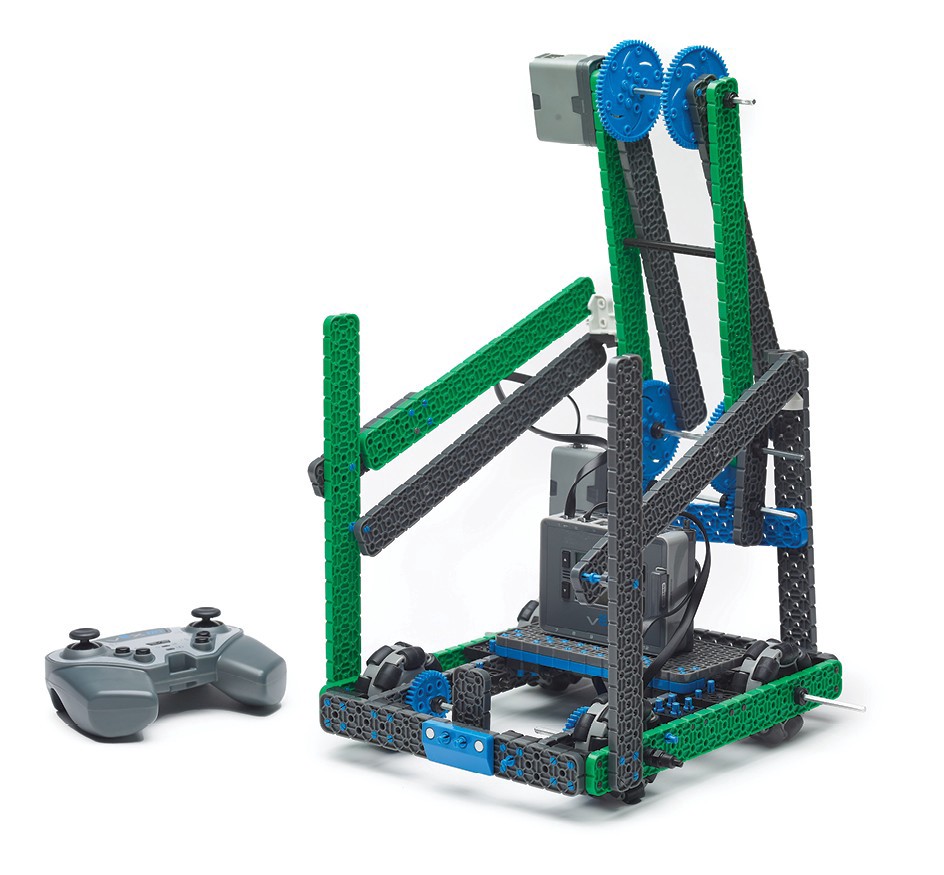
VEX IQ ROBOT Our competitive robotics program brings teams of 2–4 students together to plan, design, build, and test a robot and compete with teams on local, state, and international levels. Our Engineering Squad competed against 390 teams from every state and around the world, including China, Tunisia and New Zealand, while our school cheered us on and watched our qualifying matches via a livestream on the internet.
I was lucky enough to travel to the 2018 VEX Robotics World Championship in Louisville, Kentucky with Team 3131E — Kelsey and Zohra, two dedicated, fearless, female fifth grade students who won the Maryland State Championship Design Award.
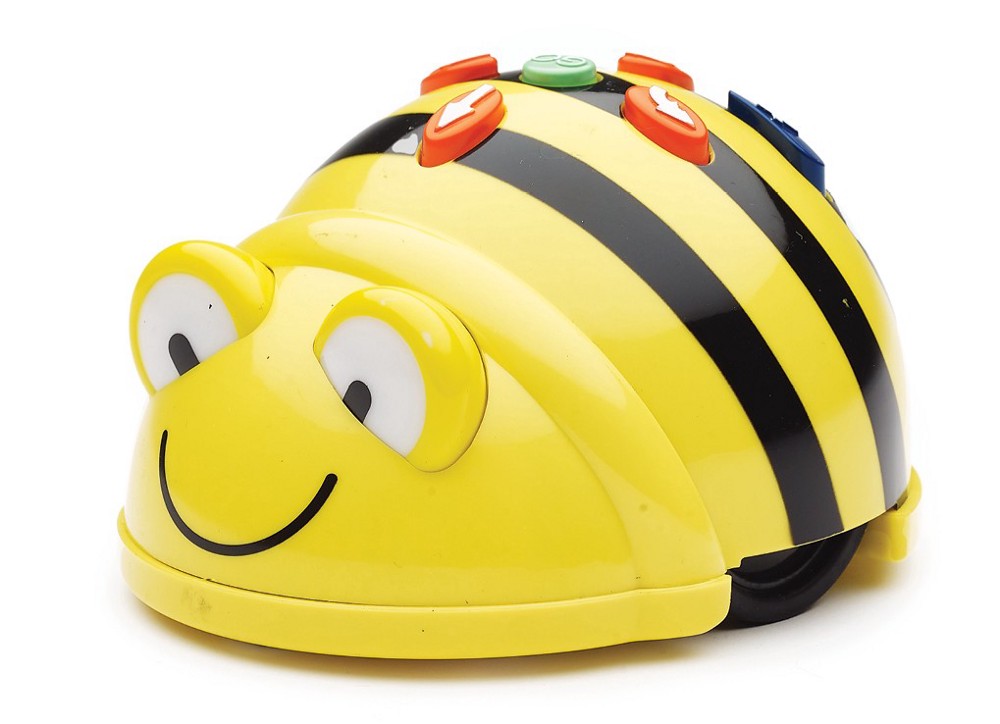
BEEBOT Here’s another great coding tool that teaches young students computational thinking and logic to program it along a specific course.
The Beebot uses directional arrows that students push to help BeeBot navigate. Students can design courses to challenge their friends!
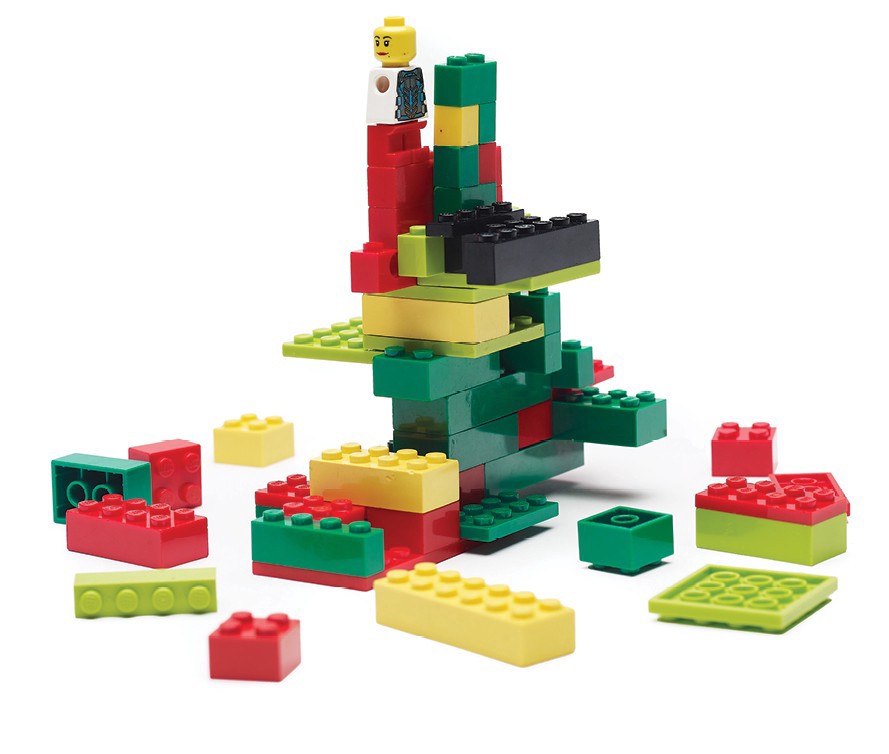
LEGOS Need I say more?

